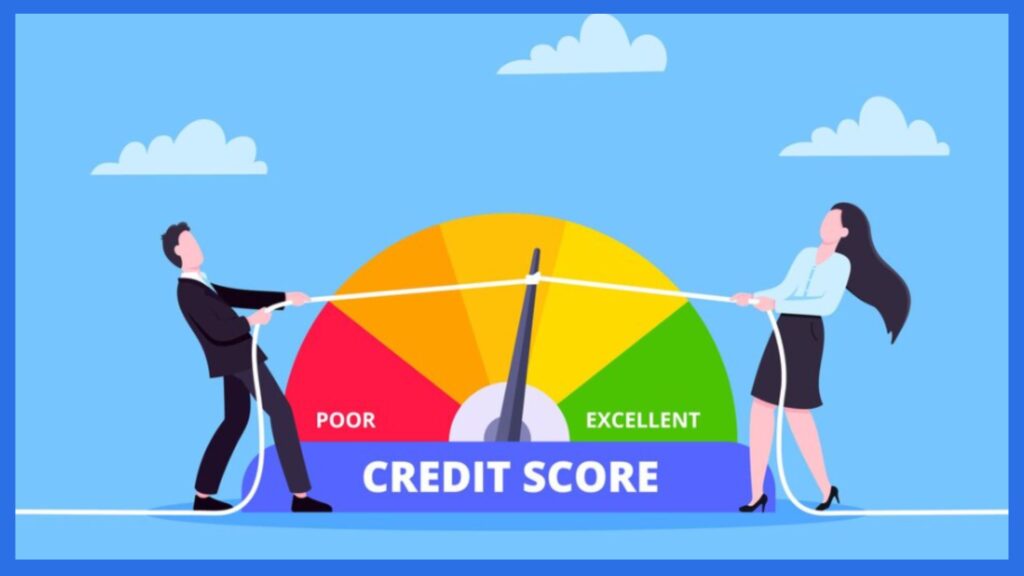
Applying for a business credit card can significantly impact both your business and personal credit scores. Understanding this relationship is crucial for business owners who want to leverage credit effectively while maintaining their financial health.
Understanding Business Credit Cards
A business credit card is specifically designed for business expenses, allowing owners to separate personal and business finances. These cards often come with features tailored to business needs, such as higher credit limits, expense tracking tools, and rewards programs geared towards business spending.
Business vs. Personal Credit Scores

Your business credit card score is distinct from your personal credit score. While personal credit scores are based on your financial behavior—like payment history, credit utilization, and length of credit history—business credit scores assess the financial health of your business. Factors influencing a business credit score include:
- Payment history on business debts
- Length of time the business has been operational
- Amount of outstanding debt
- Credit inquiries related to the business
Maintaining a good business credit score can lead to better financing options and lower interest rates on loans.
How Applying for a Business Credit Card Affects Personal Credit Scores
When you apply for a business credit card, lenders typically perform a hard inquiry on your personal credit report. This is particularly common for startups or businesses with limited trading history. Here’s how this process can affect your personal credit score:
- Hard Inquiry Impact: A hard inquiry can temporarily lower your personal credit score by a few points. This effect usually lasts for about six months.
- Credit Utilization: If you use your personal information to secure a business card, the utilization rate of your personal credit may be affected if you carry a balance on the card.
- Reporting Practices: Depending on the lender, they may report your payment history on the business card to consumer credit agencies. If you miss payments or exceed your limit, it could negatively impact your personal credit score.
When It Might Not Affect Your Personal Score
Some lenders offer no-score impact applications for their business credit cards, meaning they do not perform hard inquiries on your personal credit report. However, these options are less common and usually come with stricter eligibility requirements or higher fees.
Benefits of Using a Business Credit Card Responsibly

Using a business credit card responsibly can provide several advantages:
- Building Business Credit: Regularly using and paying off your business card helps establish a strong business credit profile.
- Rewards and Perks: Many business cards offer rewards tailored to common business expenses, such as travel or office supplies.
- Cash Flow Management: Business cards can help manage cash flow by allowing you to make purchases without immediate out-of-pocket expenses.
Risks of Misusing Business Credit Cards
On the flip side, mismanagement of a business credit card can lead to detrimental effects:
- Debt Accumulation: Carrying high balances can lead to significant debt that may be difficult to pay off.
- Negative Reporting: Late payments or defaults can hurt your business and personal credit scores.
- Increased Financial Scrutiny: Frequent applications for new lines of credit may raise red flags regarding your financial stability with lenders.
Strategies for Maintaining Healthy Scores
To ensure that applying for and using a business credit card does not adversely affect your personal credit score, consider the following strategies:
- Choose Wisely: Research lenders that offer favorable terms regarding hard inquiries and reporting practices.
- Limit Applications: Avoid applying for multiple cards quickly to minimize hard inquiries.
- Pay On Time: Always pay at least the minimum payment by the due date to maintain good standing with both your personal and business accounts.
- Monitor Your Scores: Regularly check both your personal and business credit scores to track any changes or issues.
Conclusion
Applying for a business credit card can be beneficial for managing expenses and building a robust financial profile for your company. However, it is essential to understand how these applications might affect your personal credit score through hard inquiries and potential reporting practices. By using these cards responsibly and being mindful of their impact on both types of scores, you can leverage them effectively while safeguarding your financial health.
Frequently Asked Questions
A hard inquiry can cause a minor and temporary dip in your credit score. Most scores rebound quickly after the inquiry, usually within a few months, unless there are other negative factors affecting your credit.
It depends on the issuer. Some business credit card issuers report both positive and negative activity to consumer credit bureaus, while others may only report negative information or not report at all.
If you miss a payment and your issuer reports to consumer bureaus, it can negatively impact your personal credit score, similar to how late payments on personal credit cards would affect it.
If your business credit card activity is reported to consumer bureaus, high balances can increase your overall credit utilization ratio, which may negatively affect your personal credit score.
Yes, some corporate cards do not require a personal guarantee and typically do not report to personal credit bureaus. However, these cards are usually available only to established businesses with strong financials.
To minimize the impact, make timely payments, keep balances low relative to your limits, and monitor both your personal and business credit scores regularly.
If you notice a negative impact on your personal score due to your business card activity, focus on paying down balances, making timely payments, and reviewing your overall financial habits to improve your scores over time.
Yes, if used responsibly, a business credit card can provide benefits such as higher limits, rewards tailored for business expenses, and help build your business’s credit profile while also managing cash flow effectively.
Disclaimer:
The information provided on this blog is for general informational purposes only and does not constitute financial advice. While we strive to present accurate and up-to-date content, credit card terms, conditions, and offers are subject to change at the discretion of the card issuers. Readers are encouraged to thoroughly review and verify all terms before applying for any credit card.
